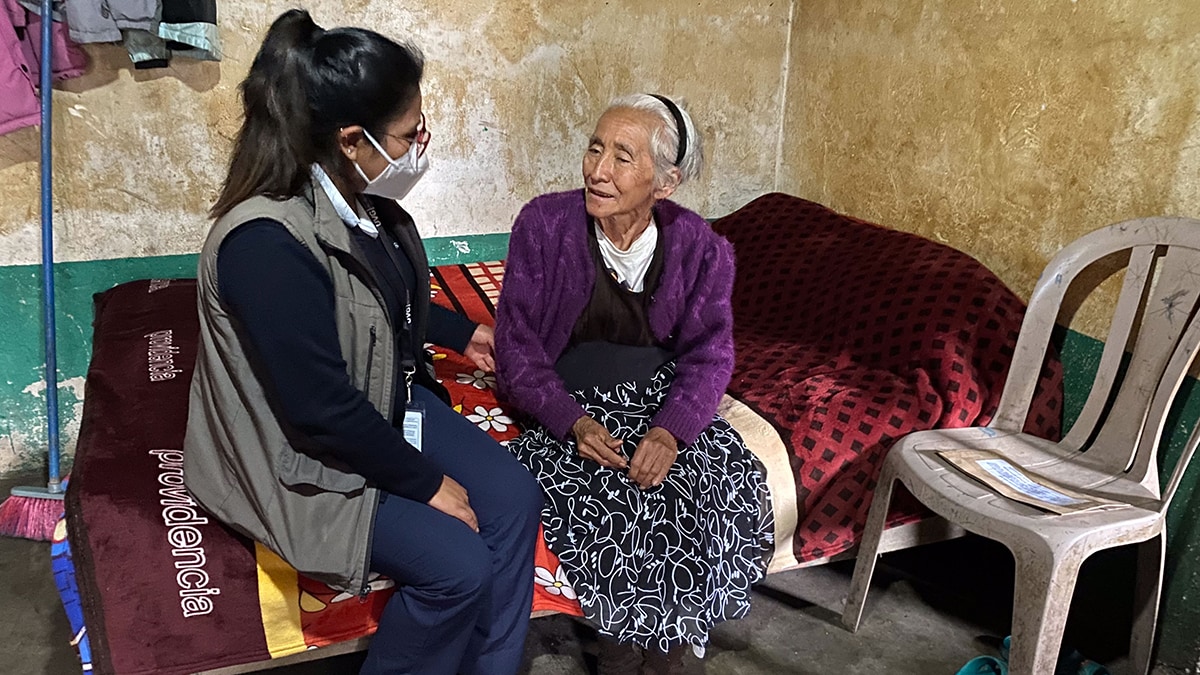At a glance
CDC has worked in Bangladesh for the past 50 years and established an office in Dhaka in 2003. CDC Bangladesh works closely with the Ministry of Health and Family Welfare (MOHFW)’s Institute of Epidemiology Disease Control and Research (IEDCR), Ministry of Fisheries and Livestock (MOFL), International Centre for Diarrheal Disease Research, Bangladesh (ICDDR), and other partners to build effective public health systems to detect, prevent, and respond to health threats. Priority program areas address respiratory viruses, One Health, dengue, lymphatic filariasis, vaccine preventable diseases, antimicrobial resistance, and other high-consequence pathogens. CDC's work aims to protect the health of Americans and support public health around the world.

Key accomplishments
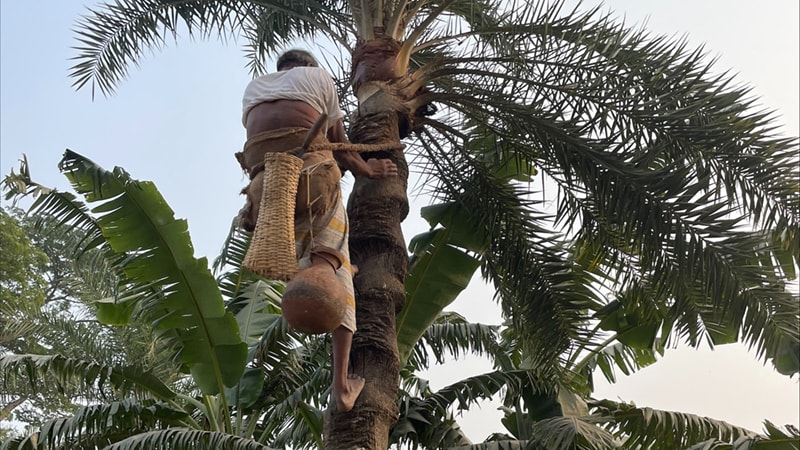
- Build and strengthen surveillance systems for priority diseases and conditions such as SARS-CoV-2, influenza, avian influenza, Nipah virus, antimicrobial resistance, anthrax, rabies, dengue, acute febrile illness, and leptospirosis
- Helped establish serology and molecular diagnostics including real-time PCR, genomic sequencing methods, and bioinformatics abilities
- Supported training for over 200 public health staff who graduated from the Field Epidemiology Training Program (FETP)
- Partnered with researchers from the University of Virginia to study outcomes of Shigella infections to help inform global clinical treatment guidelines for the azithromycin antibiotic
- Supported public sharing on Bangladesh websites of surveillance data for multiple conditions
Global health security
CDC's global health security work in Bangladesh focuses on strengthening the country's public health systems across the following core areas:
Disease surveillance
For the past 20 years, CDC has worked with partners to build and strengthen surveillance systems for priority diseases and conditions such as SARS-CoV-2, influenza, avian influenza, Nipah virus, antimicrobial resistance, anthrax, rabies, dengue, acute febrile illness (AFI), and leptospirosis. CDC's efforts to strengthen surveillance systems help the country identify new pathogens, track, rapidly detect, and respond to health threats.
Laboratory systems
CDC provides ongoing training and technical support, as well as reagents for diagnostic, outbreak, and surveillance testing. CDC helped establish serology and molecular diagnostics including real-time PCR, genomic sequencing methods, and bioinformatics abilities. CDC also helps partners develop and update the National Laboratory Policy and National Laboratory Strategic Plan. CDC-supported quality assurance programs also help laboratories ensure their testing is accurate and efficient.
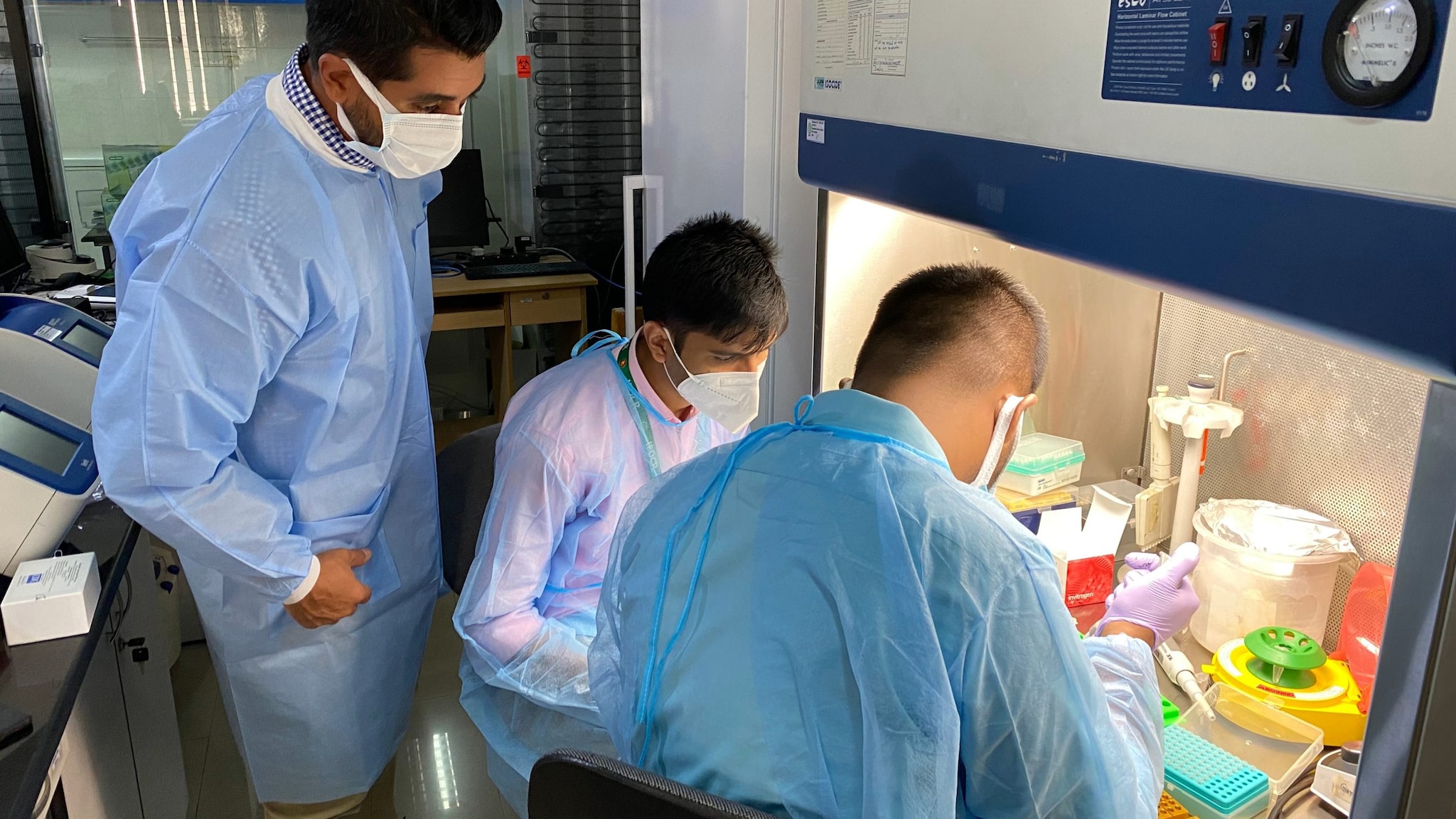
Workforce development
In partnership with the IEDCR and MOHFW, CDC established and continues to support three levels of FETP. Through FETP, CDC and partners train health professionals in disease surveillance, outbreak investigation, public health research, program evaluation, communication, and epidemiology. CDC partners with the icddr,b to train hospital workers in infection prevention and control to prevent the spread of disease among patients and workers. CDC's National Public Health Institute (NPHI) Program provides technical support within the Data Impact Program.
Emergency preparedness and response
CDC, IEDCR, and the MOHFW strengthen public health emergency preparedness, management, and response. CDC offers support and training to the national public health emergency operations center at IEDCR. This center is directly linked to national rapid response teams, which collaborate with the FETP to investigate disease outbreaks and respond to public health emergencies.
Respiratory viruses
CDC and partners conduct surveillance for influenza, SARS-CoV-2, and other respiratory viruses across the general population, hospitals, and live bird markets. Since the National Influenza Center was established in 2007, CDC has supported IEDCR and icddr,b to operate nationwide respiratory virus surveillance. This system informs vaccine strain selection for global influenza vaccine manufacturing, and tracks influenza, COVID-19, and other respiratory pathogens. CDC also supports laboratory strengthening, workforce readiness, outbreak investigations, emergency management, and pandemic preparedness.
One health
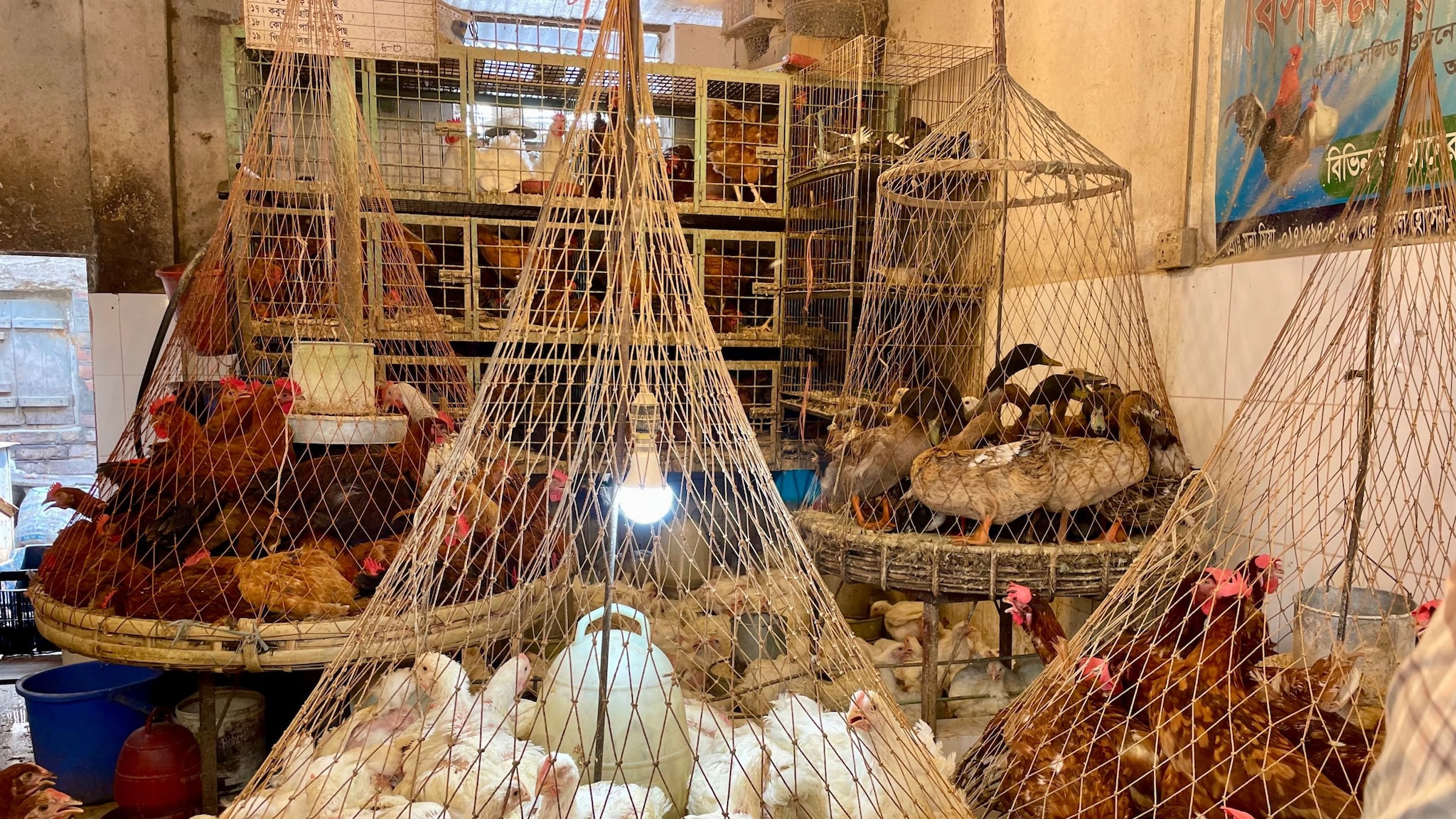
One Health is implemented for anthrax, avian influenza (bird flu), rabies, Nipah virus, melioidosis (Whitmore's disease), and dengue. Participants in the FETP-Veterinary track are trained through classroom sessions, mentoring, and projects with the Bangladesh Livestock Research Institute (BLRI) and Department of Livestock Services (DLS).
High-consequence pathogens
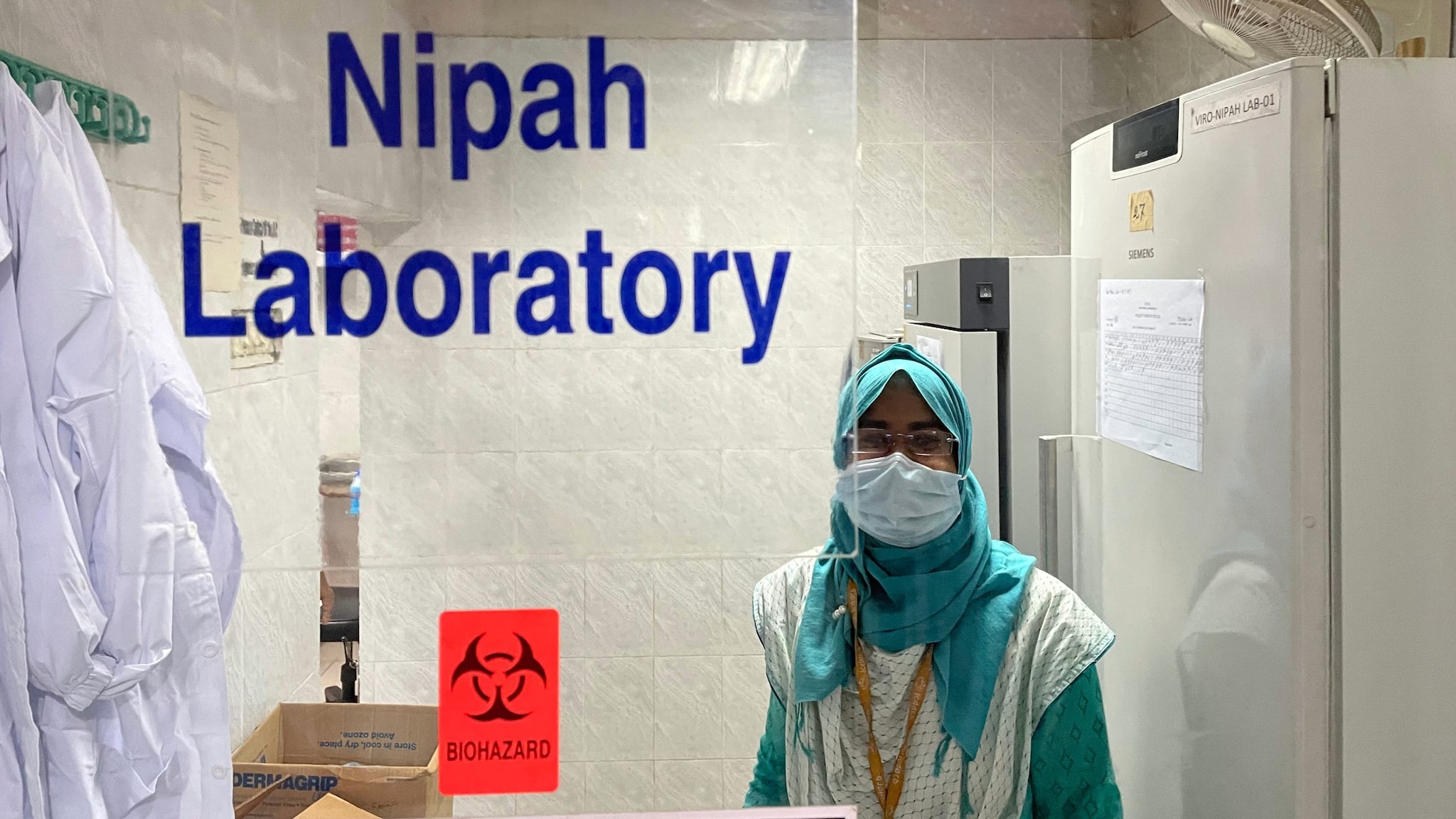
CDC supports passive, enhanced, and active surveillance for infections caused by high-consequence bacterial and viral pathogens such as Bacillus anthracis (anthrax), Burkholderia pseudomallei (melioidosis), and Nipah virus. CDC has partnered with IEDCR and to investigate and respond to Nipah virus disease outbreaks since the first identified outbreak in 2001. CDC has supported both partners with molecular and serological diagnostics and helped establish testing capabilities.
Dengue
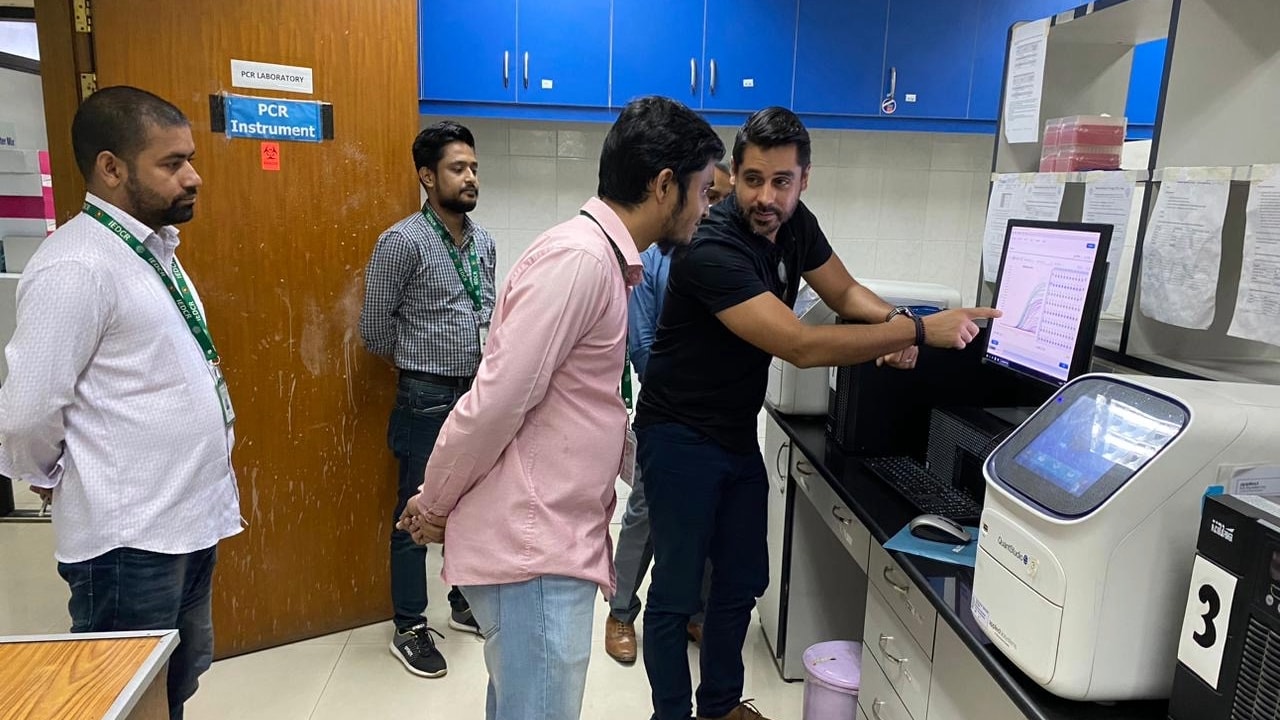
CDC supports dengue prevention, planning and response efforts. In 2023, CDC responded to Bangladesh's worst dengue season on record. CDC's dengue experts provided support in clinical laboratory and analytical, clinical case management, data analysis and staff training.
Lymphatic filariasis
In 2023, Bangladesh became the 18th country to achieve WHO validation of LF elimination. CDC supported post-treatment surveillance and continues to support post-validation surveillance to monitor for recurrence.
Vaccine-preventable diseases
CDC's vaccine research efforts informed policy decisions about introducing rotavirus vaccines into the country's Expanded Program for Immunization. CDC also supports polio vaccine trials. This work contributed to Bangladesh's achievement of polio-free status. CDC continues to strengthen local abilities to generate evidence for sustained use of the pneumococcal conjugate vaccine and to assess current pneumococcal strains circulating in Bangladesh.
Antimicrobial resistance (AR)
Through CDC's Global Antimicrobial Resistance Laboratory and Response Network, CDC partners with IEDCR, BLRI, DLS, and icddr,b to study the impact, epidemiology, and drivers of AR in community and healthcare settings. Based on AR surveillance in the veterinary sector, DLS organized countrywide workshops to educate farmers on appropriate use of antibiotics. Findings from ongoing studies will inform understanding of new AR threats and enhance tailored prevention strategies across the globe.
Water, hygiene, and sanitation
Experts from across CDC helped develop centralized, chlorinated water systems in Cox's Bazar to ensure that Rohingya refugees have access to safe and clean water. CDC assessed chlorination coverage and implemented a bucket chlorination monitoring system that uses mobile phone surveys to ensure the presence of chlorinators, correct dosing of containers, and the presence of chlorine in house-hold stored water.

![[thumbnail] (hidden)](/global-health/media/images/2025/12/Bangladesh_thumbnail.jpg)
